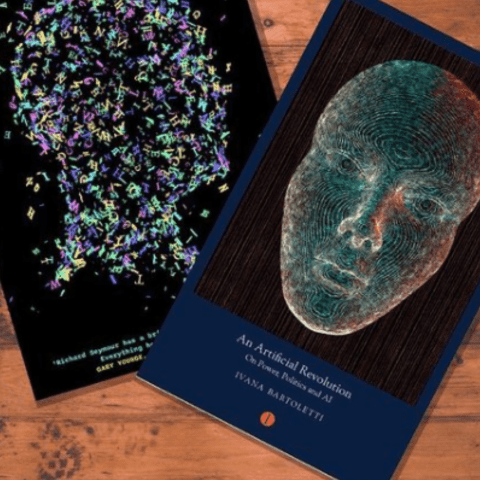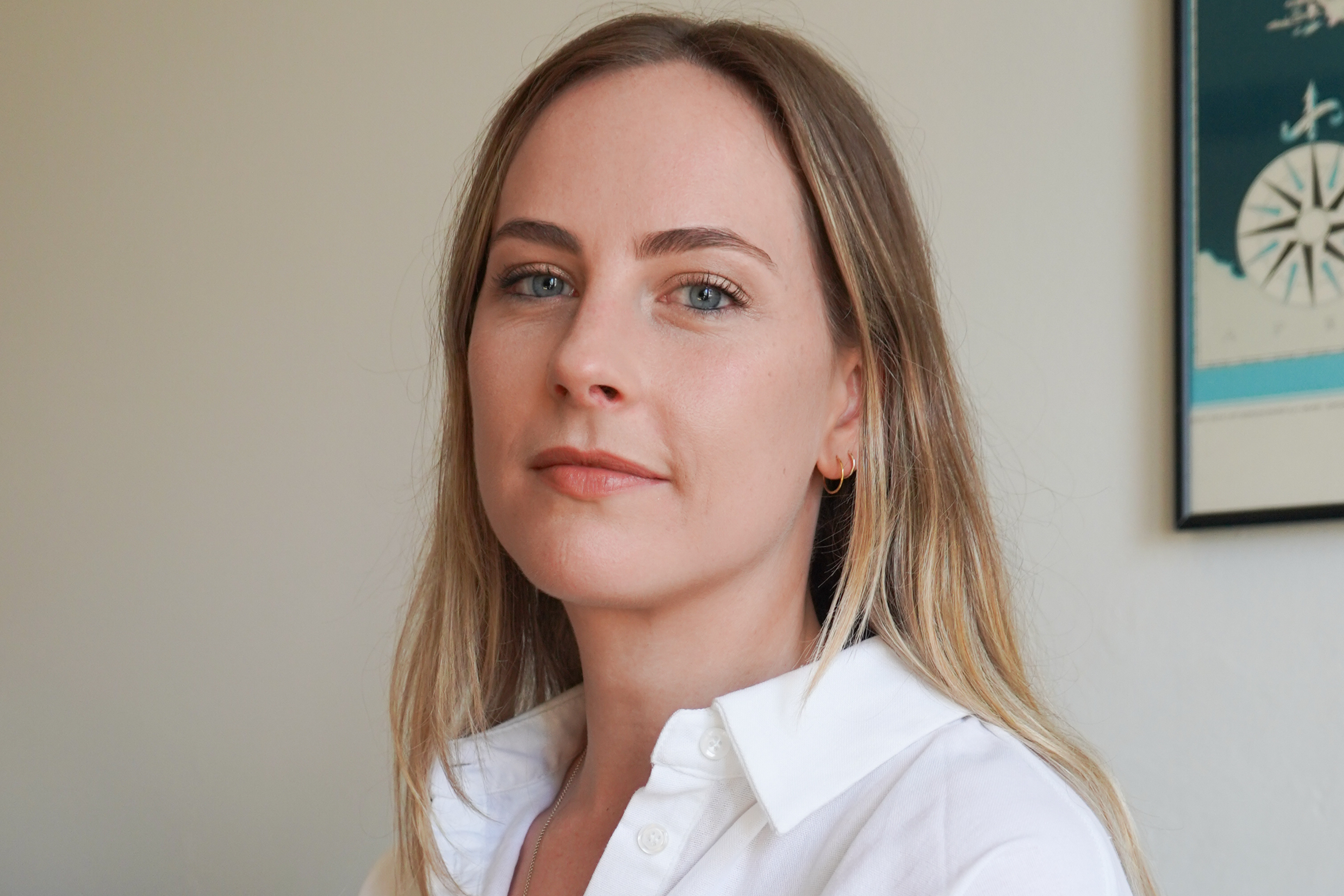From Richard Seymour, one of the UK’s leading public intellectuals, comes a characteristic blend of forensic insight and analysis, personal journey, and a vivid respect for the natural world.
A planetary fever-dream. An environmental awakening that is also a sleep-walking, unsteadily weaving between history, earth science, psychoanalysis, evolution, biology, art and politics. A search for transcendence, beyond the illusory eternal present.
These essays chronicle the kindling of ecological consciousness in a confessed ignoramus. They track the first enchantment of the author, his striving to comprehend the coming catastrophe, and his attempt to formulate a new global sensibility in which we value anew what unconditionally matters.
Richard’s book The Twittering Machine was a Bookseller Book of the Week, and received rave reviews in the Guardian, Observer, FT, Spectator and Tatler.
Richard’s previous book, Corbyn: The Strange Rebirth of Radical Politics, sold over 9,000 copies and was named one of the Best Books of 2016 by Times Higher Education.
Praise
‘What thinker would you bring to an earth on fire? You would not want to leave Richard Seymour at home: he is essential company for an age of compound catastrophes. In these essays, he brings his trademark mix of psychoanalysis and Marxism, erudition and curiosity, pessimism and wonder, intimacy and sublimity to bear on the ecological crisis. They will keep you focused as the flames rise higher.’
—Andreas Malm, author of How to Blow Up a Pipeline and White Skin, Black Fuel: On the Danger of Fossil Fascism
‘Richard Seymour’s latest book, which consists of urgent, eloquent bulletins from the catastrophic future into which we are currently being blown back at such a rapidly accelerating rate, is a characteristically cool-headed critique of capitalism, but also a passionate, often profoundly affecting threnody to that which it so cruelly destroys. The Disenchanted Earth combines Marxism’s cold and warm streams to brilliant effect, finding beauty and hope in the ugly, hopeless situation to which we appear to have condemned ourselves as a species. Seymour’s attitude of militant melancholia is exactly what is needed in these times.‘
—Matthew Beaumont, author of The Walker: On Finding and Losing Yourself in the Modern City
‘A rousing and impassioned plea for climate sanity. A howl of grief and a rallying cry.’
—Cal Flyn, Author of Islands of Abandonment: Life in the post-human landscape
‘This book made me anxious, gave me nightmares, and threw me into a terrible rage. It’s excellent — I’ve been recommending it to everyone.’
—Anouchka Grose, psychoanalyst and author of A Guide to Eco-Anxiety: How to Protect the Planet and Your Mental Health
‘A haunting set of meditations on the almost unthinkable ecological crises that now engulf us, and their relentless political and economic causes. This is a book for anyone who refuses to turn away from truths that are as important as they are discomforting.’
—William Davies, author of Unprecedented?: How Covid-19 Revealed the Politics of Our Economy
‘One of the most consistently brilliant and lyrical thinkers writing today turns his attention to the climate catastrophe – and the results are minatory and indispensable.’
—China Miéville, author of October: The Story of the Russian Revolution
‘Incisive. Truly radical. Full of short sentences and important insights. Seymour grabs environmentalism by the scruff of the neck. In thrall to its catastrophism, he also wants to save it from apocalyptic nihilism. You won’t agree with all he says; nor should you. But you will always want to engage.’
—Fred Pearce, environment writer and author of The Last Generation: How nature will take her revenge for climate change
‘The present-day ecological predicament entails the need to act immediately—within a few years—to avert the lasting wreck of our civilization and the climate that hosted it. No writer that I can think of is a better guide to this task than Richard Seymour: here is the quickest of thinkers, operating from the longest-term perspective. The Disenchanted Earth is an indispensable book.‘
—Benjamin Kunkel, author of Indecision and Utopia or Bust
‘Richard remains one of the sharpest thinkers and most stylish writers on the contemporary Marxist left . . . He is never less that interesting and insightful.’
—Russell Warfield, book reviews editor at Resurgence & Ecologist magazine
Dimensions: A Format paperback 178mm x 11mm with flaps
Length: 208 pages
Published: 22 April 2022
ISBN: 978-1911648413
Cover design: © Luke Bird
Cover photo: detail from Ice cave, Scott Base, Ross Island, Antarctica, December 7, 1975 by Eliot Porter © 1990 Amon Carter Museum of American Art
Photo: © National Gallery of Australia, Canberra / Bridgeman Images
Publicist: Claire Maxwell at Read Media
Agent: Caitlin Leydon at Curtis Brown
Foreign rights: The Marsh Agency
About the author
Richard Seymour is a writer and broadcaster from Northern Ireland and the author of numerous books about politics including Against Austerity and Corbyn: The Strange Rebirth of Radical Politics. His writing appears in The New York Times, the London Review of Books, the Guardian, Prospect, Jacobin, and innumerable other places including his own Patreon. He is an editor at Salvage magazine.
His book, The Twittering Machine, was published in August 2019.
Richard’s recommended reading list

LANDMARKS by Robert Macfarlane
There are many fabulous books about the natural environment in the British isles – Mabey’s The Unofficial Countryside, Nan Shepherd’s The Living Mountain, and recently Vron Ware’s The Return of a Native. MacFarlane’s beautiful book is intended as a “counter-desecration phrasebook”. He wants us to learn a different sensibility, a different way of relating to the natural environment that will bind us emotionally to the fate of wildernesses. Using local vernacular as a leaping off point, he engages in exhilarating forays into the social and cultural history of the landscape. He makes one want to walk, explore, admire, and resist the Gradgrindish narrow-mindedness of development for the sake of profit.

ANIMAL LANGUAGES by Eva Maijer
This is a truly unusual, mind-expanding book by a philosopher of language. There are many books which tell us how intelligent animals are. This one demonstrates, with a wealth of vivid detail and scholarly information, how many animals possess linguistic intelligence, have names for one another, are able to describe things and people in detail. Meijer wants us to understand animals as beings we can potentially communicate with, and learn to live with better, rather than merely exploit and kill.

ARCTIC DREAMS by Barry Lopez
A genuinely oneiric literary classic, describing the author’s journeys into the High Arctic, and his encounters with narwhals, polar bears, geese, and the immense, implacable, minatory force of the ice itself. Lopez, with his attention to detail, and pitch perfect metaphors and similes, is as perceptive about Arctic history, the intrusions of empire and Eskimo culture as he is about the different types of snow and ice, and the surprising bounty of life to be seen in the frozen north.

THE ICE: A JOURNEY TO ANTARCTICA by Stephen J Pyne
I am a sucker for everything about what Fridtjof Nansen called the “Ice Temple of the polar regions”. Most of the histories and travelogues pale, however, in comparison to Pyne’s matchless synthesis of environmental science, art, history and culture. He can write analytically and poetically, he can be rigorous and beautiful. Along with his many volumes of writing on the history of fire, now an urgent global topic, this is one of Pyne’s most indispensable books. And it is all the more urgent now that the frozen polar regions, which have existed for the entirety of human history, are melting.

CAPITALISM IN THE WEB OF LIFE by Jason W Moore
Why is it left to environmental scientists to point out that we are embedded in a ‘web of life’, an intricate network of dependencies of which we are scarcely aware for most of the time, even as we consume more and more biospheric resources? Why, for example, do the bees have to almost go extinct before we notice how much we depend on their free pollination work? Moore’s surprising, critical book shows how capital treats nature as a ‘cheap’ or ‘free’ good, minimising the immediate costs of production even while the long-range costs for the species pile up. The ‘frame of capital’, as he argues, imposes an artificial ‘Cartesian divide’ between humans and the natural world which, even as it makes resources and labour more exploitable, blinds us to the processes of ecological degradation happening every day.

FOSSIL CAPITAL by Andreas Malm
Still by far the most original, persuasive and breathtaking account of the origins of our climate crisis. The standard story told about our fossil fuel dependency is that it’s just too efficient, too energy-dense, enabling an abundance of production that could not otherwise take place. While that isn’t completely wrong, Malm’s deep archival research, which he turns into a gripping historical narrative, reveals something else. Looking at the rise of coal, he finds that nineteenth-century capitalists did not choose coal because of its greater energy efficiency – water offered far more energy efficiency – but because of its political advantages. Water was necessarily communal, coal could be privatised. Water was flow, coal was stock. Which raises the question, what if the struggle over renewables is hampered by similar considerations? What if our dilemma is at least as much political as economic?



























